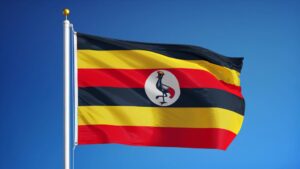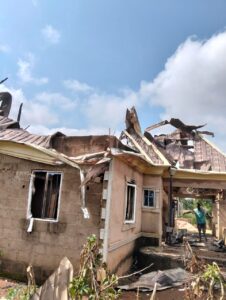Nigeria’s Minister of Works, Dave Umahi, has announced that the federal government will revert to the original route of the Lagos-Calabar coastal highway between kilometres 16 and 25, instead of following the newly proposed route. This decision was made public at the 3rd stakeholders meeting in Lagos for the coastal highway project.
This change comes after telecommunication companies warned that the new route could lead to network outages across the country. During the two-hour meeting, which included presentations and a Q&A session, Umahi invited telecom representatives, Okun Ajah community residents, and other stakeholders to discuss the route alignment.
Umahi explained that sticking to the original route would mean demolishing 750 houses, which he said were built illegally, while the new route would require demolishing 490 houses. He acknowledged the difficulty of the decision and encouraged both supporters and opponents to voice their opinions.
The Group CEO of Machine and Equipment Consulting of Africa emphasized the concerns of telecom companies.
He highlighted that three critical infrastructures are located in one spot: the Africa submarine cable connecting 33 countries and about three billion people, the West African cable system (WACS) established 17 years ago, and a 50 megawatt power plant supporting these cables. The landing point for these cables is at Mopo, making it a crucial location.







